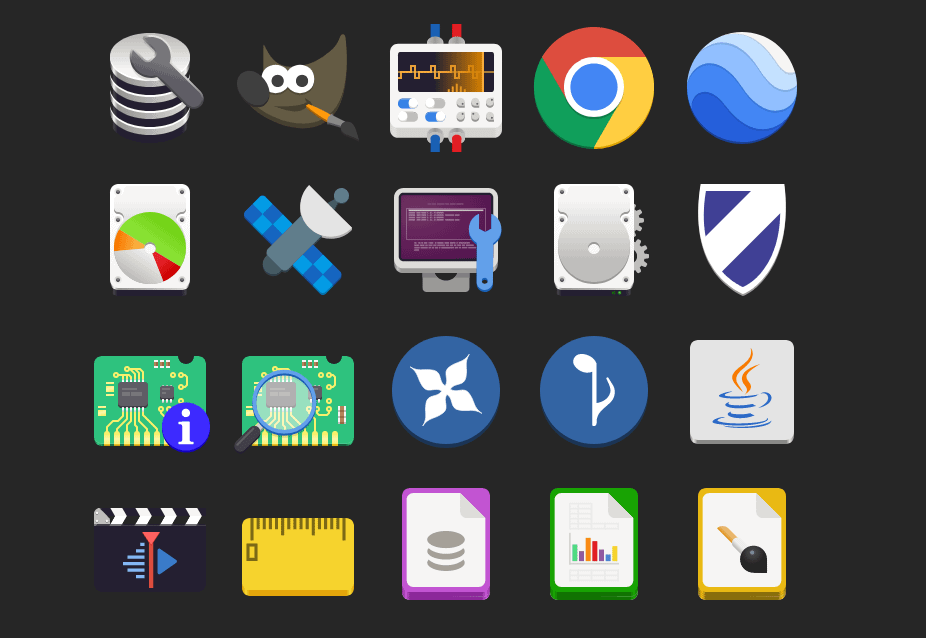

Lol, I’m somewhat similar. I’m a big ui/ux nerd but don’t have professional or academic experience other than some pro-bono work in high-school. But I love tinkering with my phone’s homesceen and other similar little projects. I’m hoping to make a neocites page soon!
This is my previous phone’s homescreen I posted a while back:
https://mastodon.online/@CrisColor/111440259435482295
I’ve gotten a new phone since then and am still getting it updated to fit properly on a new screen, so right now it looks a little jank 😅 but it’s always interesting to hear how other people feel differently about aesthetics than yourself!




That looks awesome! I’m deeply nostalgic for that period of time, material design was the big thing when I was first getting into UI design and I was absolutely in love with it
Klwp and Kwgt are still a blast, that’s what almost all of my stuff is made out of, but iOS has its pros as well :) from what I hear things are progressively getting a little more customizable, if still pretty locked down
At some point I’d like to get a little better at animations so I can make my setup feel a little more alive, but for the time being it’s mostly just static elements